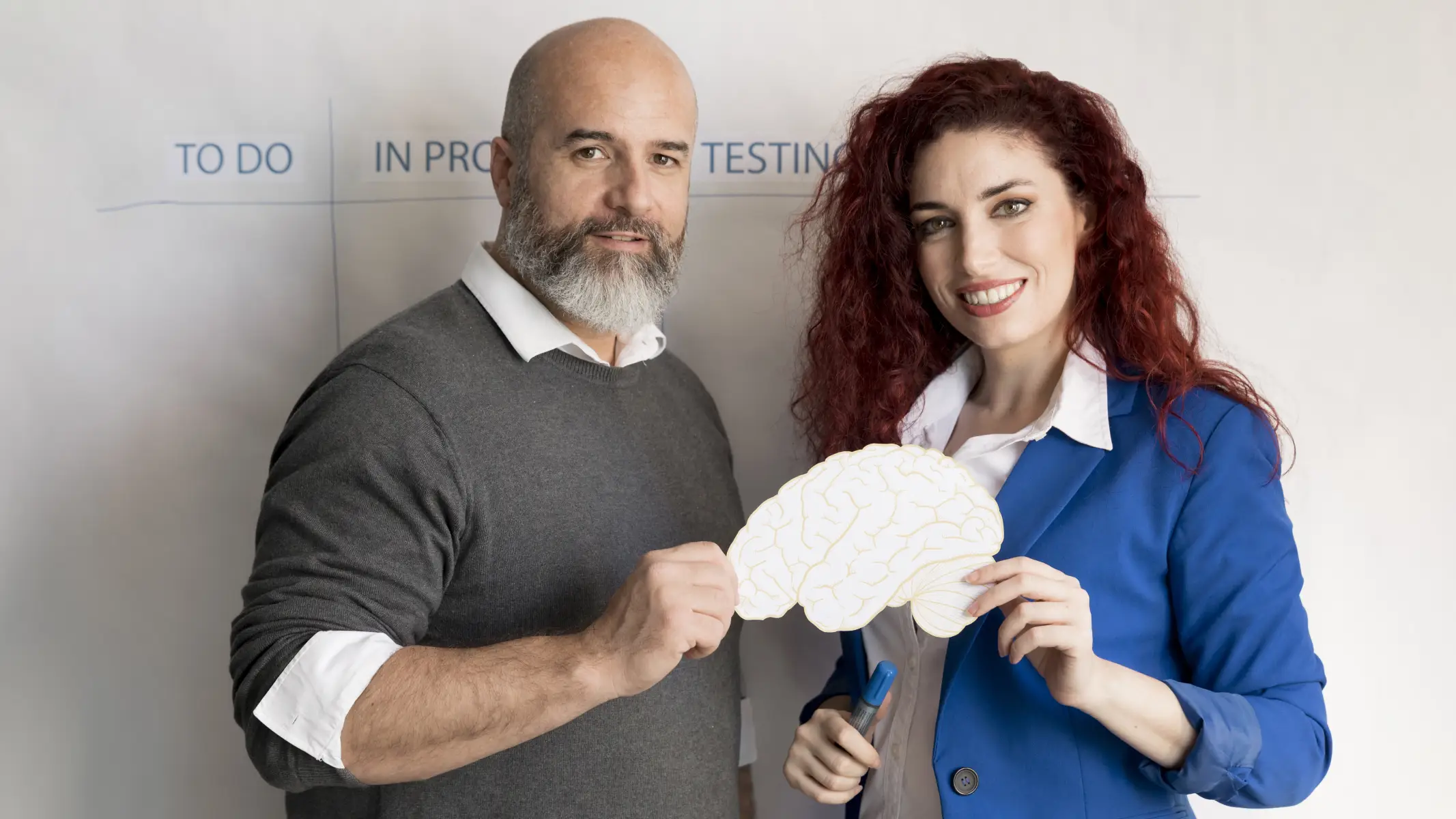The legal concept of fitness to stand trial assessments in the UK is integral to ensuring fair and just legal proceedings. Before a trial can proceed, the court must be confident that the defendant has the mental capacity to understand the legal process, participate effectively in their defence, and make informed decisions. This determination is made through psychological and psychiatric evaluations that assess the defendant’s cognitive abilities, communication skills, and overall mental health.
For legal professionals working with medico-legal defendants, understanding psychological fitness to stand trial is vital. It plays a significant role in criminal cases where a defendant’s mental health may impair their ability to engage with the legal process. This article serves as a comprehensive guide to psychological fitness to stand trial, exploring its legal context, assessment procedures, common mental health considerations, and the role of expert opinions in supporting justice.
What Is Psychological Fitness to Stand Trial?
In the UK legal system, fitness to stand trial refers to a defendant’s ability to adequately engage with and participate in court proceedings. A defendant must meet certain cognitive and mental health criteria to ensure they are capable of understanding the charges against them, the evidence presented, and the legal advice provided by their solicitor.
If a defendant is found unfit to stand trial, the legal proceedings may be delayed or adjusted to accommodate their mental health needs. Alternatively, the court may conduct a “trial of the facts,” which determines whether the defendant committed the alleged act, while avoiding a standard trial due to their incapacity to participate.
Legal Standards for Fitness to Stand Trial in the UK
In the UK, fitness to stand trial is largely defined by common law principles and legal precedents, with specific criteria first established in the case of R v Pritchard (1836). Although updated over time, the core elements remain relevant. A defendant is considered unfit to stand trial if they cannot:
- Understand the court proceedings and why they are being conducted.
- Comprehend the charges they face.
- Follow the evidence presented.
- Communicate visually or verbally with their legal counsel.
- Make sensible decisions about their legal defence.
Fitness to stand trial assessments aim to determine whether a defendant’s mental health allows them to meet these criteria. Medico-legal experts, including forensic psychologists and psychiatrists, are called upon to conduct evaluations and provide their findings to the court.
The Role of Fitness to Stand Trial Assessments
Medico-legal defendants’ mental health may be key to whether or not they can engage with the trial process effectively. Fitness to stand trial assessments provide the court with a thorough analysis of the defendant’s psychological state and whether it supports their ability to face trial.
When Are Fitness to Stand Trial Assessments Requested?
Such assessments are typically requested when:
- The defendant has a known history of mental illness, cognitive impairment, or developmental disabilities.
- Concerns arise that the defendant does not understand the legal allegations or proceedings.
- The defendant demonstrates abnormal behaviours, confusion, or signs of mental distress.
- There is evidence of recent trauma, substance abuse, or other mental health issues affecting cognition.
Who Conducts These Assessments?
Fitness to stand trial assessments are carried out by qualified forensic psychologists or psychiatrists, who are registered with the Health and Care Professions Council (HCPC) and/or members of the Royal College of Psychiatrists (RCPsych). These experts independently evaluate the defendant and provide detailed medico-legal reports for use in court.
What Does the Assessment Involve?
Fitness to stand trial assessments evaluate a defendant’s cognitive, behavioural, and emotional functioning. Specific areas of focus include:
- Cognitive Abilities:
- Awareness of courtroom roles (e.g., judge, solicitor, jury).
- Understanding of the trial process and legal terminology.
- Ability to recall events relevant to the case.
- Communication Skills:
- Capacity to express themselves verbally or non-verbally.
- Ability to consult with legal representatives.
- Memory and Attention:
- Ability to absorb and process information during proceedings.
- Judgement and Decision-Making:
- Can the defendant weigh choices and provide instructions to their legal counsel?
- Psychological and Psychiatric Conditions:
- Diagnoses of conditions such as schizophrenia, bipolar disorder, dementia, or intellectual disabilities.
- Are these conditions impairing the defendant’s fitness?
- Emotional Regulation:
- Behavioural signs of extreme distress, paranoia, delusions, or emotional dysregulation.
- Medical and Substance Abuse History:
- Review of physical injuries, neurological conditions, or substance dependencies.
These assessments are personalised to the defendant’s unique circumstances and include face-to-face interviews, psychological testing, and consultations with third-party professionals (if necessary).
Common Psychological Conditions Affecting Fitness to Stand Trial
Certain psychological conditions are frequently linked to cases where a defendant’s fitness to stand trial is called into question. Some of these conditions include:
- Schizophrenia and Psychotic Disorders: Defendants experiencing active psychosis may struggle to differentiate between reality and delusions, making it difficult for them to engage in legal proceedings. Symptoms such as hallucinations, paranoia, and disorganised thinking can impair understanding and communication.
- Intellectual Disabilities: Individuals with developmental disabilities, low IQ, or certain cognitive impairments might not have the mental capacity to comprehend court processes or build a reasonable defence.
- Dementia or Neurological Conditions: Cognitive disorders such as dementia, Alzheimer’s disease, or brain injuries can undermine a defendant’s memory, attention, and decision-making abilities.
- Depression and Anxiety Disorders: Severe depression or anxiety can manifest as debilitating symptoms—such as chronic fatigue, cognitive fog, or memory impairment—that hinder a defendant’s ability to participate in their defence.
- PTSD and Trauma-Related Disorders: Defendants with PTSD (Post-Traumatic Stress Disorder) may experience intrusive flashbacks, disorientation, or heightened fear in formal settings like a courtroom, impairing their fitness to stand trial.
The Role of Medico-Legal Reports in Fitness Assessments
For legal professionals, medico-legal reports are critical tools in arguing for—or against—a defendant’s fitness to stand trial. These reports, prepared by forensic psychologists or psychiatrists, provide a detailed breakdown of the defendant’s mental health and its impact on legal competency.
Key Inclusions in Medico-Legal Reports
Medico-legal reports should:
- Summarise the Defendant’s Medical History: Include previous mental health diagnoses and treatment received.
- Provide Diagnostic Evaluations: Base diagnoses on recognised frameworks, such as the DSM-5 or ICD-10, to align with international standards.
- Connect Mental Health to Courtroom Capacity: Clearly explain how the defendant’s psychological condition impacts their capacity to stand trial.
- Recommend Adjustments or Interventions: Outline accommodations required to improve or evaluate fitness, such as therapy, medication, or specialised courtroom settings.
- Conclude with an Expert Opinion: Offer a clear, evidence-backed conclusion regarding the defendant’s competence to face trial.
Importance of Fitness to Stand Trial in Legal Proceedings
Fitness to stand trial assessments uphold fundamental principles of justice, ensuring that legal processes are fair and that vulnerable defendants are protected. For legal professionals, recognising and addressing competency concerns is a vital responsibility.
Balancing Justice and Compassion
Ensuring that defendants who are unfit to stand trial are identified early achieves two key goals:
- Protecting the rights of vulnerable individuals by preventing distressing or unfair trials.
- Ensuring the integrity of the legal process by avoiding wrongful convictions or miscarriages of justice.
Accommodations for Unfit Defendants
If a medico-legal expert determines that a defendant is unfit for trial, the court may implement the following measures:
- Delaying Proceedings: Allowing the defendant to receive treatment until they are deemed fit.
- Conducting a Trial of the Facts: If the defendant is unfit to process or respond to evidence, the court may determine the facts of the case without determining guilt in the criminal justice sense.
- Dismissing the Case: In some civil proceedings, the case may be dismissed if the defendant is unlikely to regain capacity.
Challenges for Legal Professionals in Fitness Assessments
Despite the importance of fitness to stand trial evaluations, certain challenges arise:
1. Stigma Around Mental Health
Mental health issues remain stigmatized, potentially affecting how courts perceive defendants or experts’ recommendations.
Solution: Legal professionals must emphasise the scientific basis of fitness assessments and the right to fair treatment under law.
2. Delays in Assessment Availability
Access to qualified forensic psychologists or psychiatrists can be delayed due to high demand, extending courtroom timelines.
Solution: Solicitors should build relationships with trusted medico-legal experts to streamline referrals.
3. Misinterpretations of Fitness Criteria
Confusion around what constitutes fitness can lead to inconsistent outcomes in trials.
Solution: Ensure clarity by working with forensic experts to explain how specific mental health conditions affect fitness to stand trial.
Conclusion
Psychological fitness to stand trial is a crucial component of the UK legal system, ensuring that defendants are treated fairly and justly, with due consideration for their mental health. Legal professionals play a vital role in ensuring that defendants’ mental health issues are appropriately assessed, and if necessary, accommodated. By working closely with qualified experts and understanding the legal context, solicitors can navigate the complexities of fitness to stand trial and help ensure that justice is served with compassion and due process.










